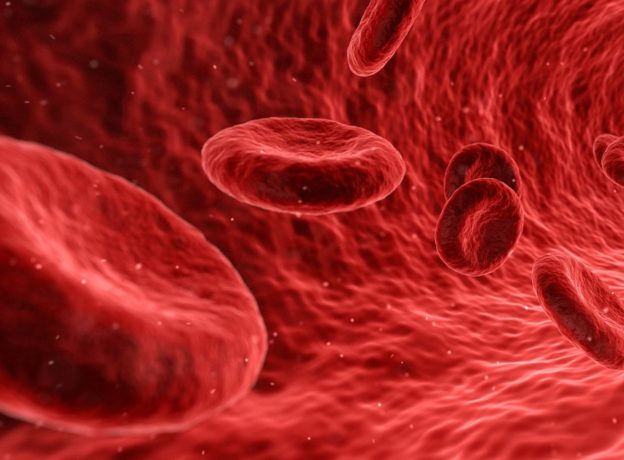Blood-Derived Stem Cells Hold Promise for Diabetes Treatment
 By:
By:  Tags:
Tags: In recent years, stem cells have presented several exciting possibilities for the treatment of an array of diseases and medical conditions, and now, a new study published in Stem Cells Translational Medicine reports the cells may be helpful in developing treatments for patients with type 1 diabetes.
Improving Insulin Production
In type 1 diabetes, the body’s immune system attacks and destroys beta cells (sometimes called islet cells), special cells in the pancreas that are responsible for producing the hormone insulin. When cells are destroyed, the pancreas can’t produce the amount of insulin the body needs to control blood sugar (or glucose). Over time, the cells can be completely destroyed, which means no insulin will be produced. In type 2 diabetes, the same immune system dysfunction causes the body to be resistant to insulin, which means the pancreas must produce more and more in order to keep glucose under control. By the time type 1 diabetes is diagnosed, most people have already lost up to 80% of their insulin-producing beta cells. For people with type 2 diabetes, chronic stress on the pancreas combined with increasing levels of glucose and widespread metabolic inflammation contribute to advanced levels of the disease over time.
For years, researchers have looked for ways to prevent damage to the beta cells, or to improve beta cell function so insulin production is enhanced or stabilized. This recent multicenter study shows stem cells could play an important role in achieving those aims. In the study, researchers found stem cell therapy promoted complete recovery of beta cell function for four years, as well as improving immune tolerance that can help prevent the destruction of cells in the future. Specifically, they found stem cell therapy was able to “reprogram” beta cells and encourage the production of new cells. The stem cells are derived from the patient’s own blood, then processed to separate the stem cells so they can be “grown” and programmed to differentiate into new beta cells and immune system cells. And because a patient’s own blood is used for the therapy, there’s no risk of rejection.
The Value of Clinical Studies
Clinical studies help many patients gain access to innovative, tested therapies before they become widely available – sometimes years before a commercially-available product or therapy is available to consumers. As an active participant in clinical trials for patients with diabetes, the Foot & Ankle Clinic helps men and women throughout the Los Angeles area gain access to many state-of-the-art therapeutic approaches for the treatment of diabetic foot ulcers. Dr. Felix Sigal has extensive experience in “matching” patients with both therapies and trials that offer the most promise for helping them improve their health and prevent complications. To find out more about clinical trials being conducted at the Foot & Ankle Clinic or to learn about innovative, effective methods that can help you lead a healthier life, call the Foot & Ankle Clinic at 213-365-0793 and schedule a consultation and evaluation today.




